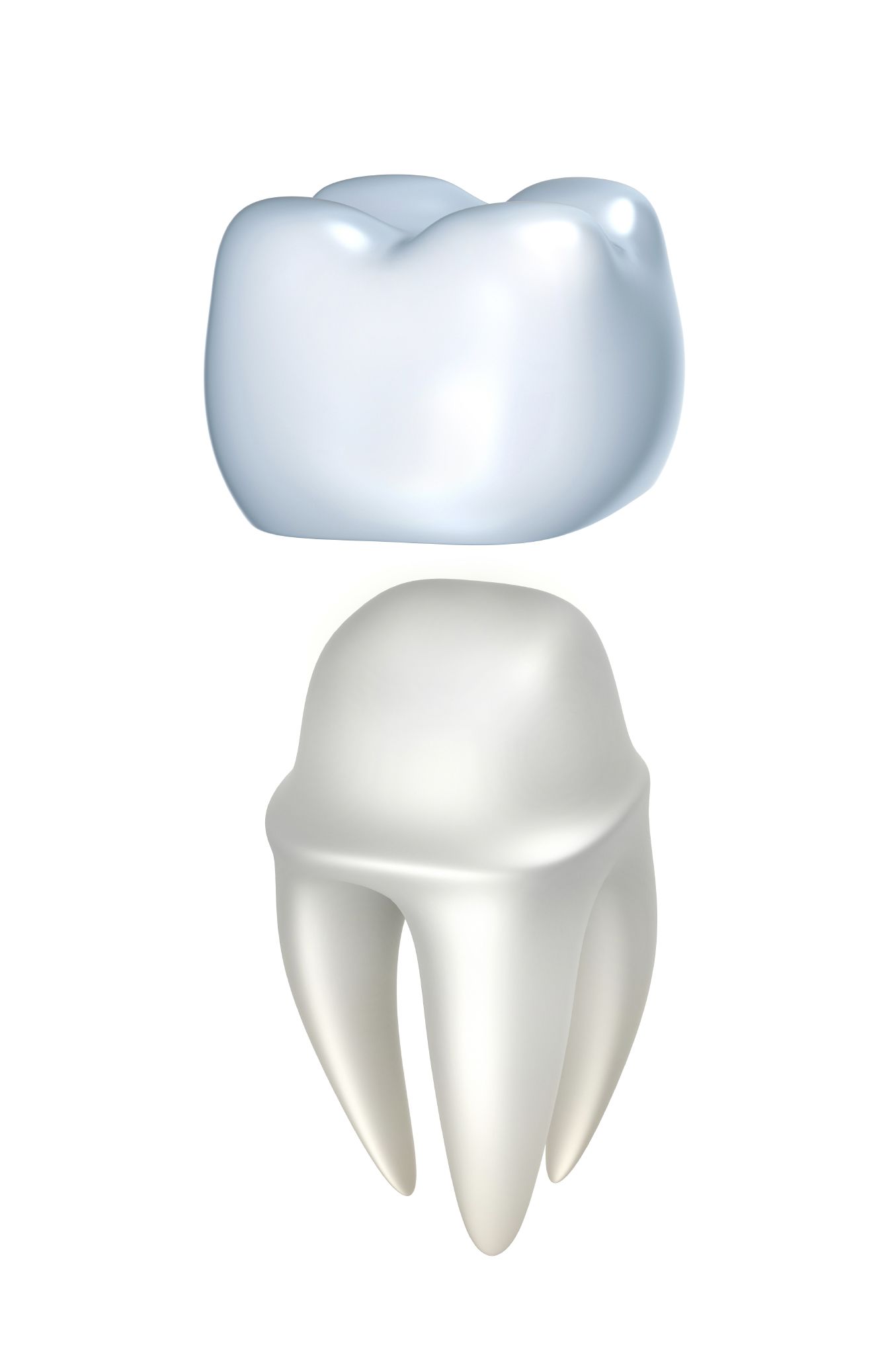Dental Crowns and Tooth Sensitivity: Advice for Patients
Dental Crown Sensitivity - Woodinville, WA
 When a tooth is seriously fractured or decayed, a traditional filling will not be enough to restore your dental health. Instead, Dr. Cristin Dowd and Dr. Ken Wu will recommend the use of dental crowns to save the tooth from extraction. While effective, there are temporary side effects to getting a crown, including tooth sensitivity.
When a tooth is seriously fractured or decayed, a traditional filling will not be enough to restore your dental health. Instead, Dr. Cristin Dowd and Dr. Ken Wu will recommend the use of dental crowns to save the tooth from extraction. While effective, there are temporary side effects to getting a crown, including tooth sensitivity.
The Woodinville, WA restorative dentistry team at Signature Smiles would like to consider the causes of tooth sensitivity after getting a crown. We’ll then share some advice with patients in order to avoid severe discomfort after getting a crown.
How Dental Crowns Are Placed
To understand why tooth sensitivity is an issue following dental crown placement, it’s important to consider the process for placing a dental crown.
When a tooth’s integrity is seriously compromised, the damaged enamel is removed, leaving only solid structure behind. This tends to expose more of the underlying, porous dentin layer of the tooth. From this remaining tooth structure, an impression is taken. This impression is how the final crown is crafted, fitting snuggly over the prepped tooth.
An Adjustment Period for the New Dental Crown
With a crown in place and more of the sensitive tooth structure exposed, it’s no surprise that some tooth sensitivity is common after treatment. Your tooth will need to get accustomed to being capped by a crown. Similarly, you may need to get accustomed to the new feeling and sensation of your bite.
The adjustment period can last anywhere from a week to a few weeks. Thankfully there is a lot you can do to adjust to the new crown.
Temporary Changes to Your Diet
We tell Woodinville patients who get dental crowns to alter their eating habits until their tooth sensitivity has passed. Consider the following tips to minimize discomfort after getting a dental crown:
- Eat a diet consisting of soft foods and liquids
- Avoid hard, crispy, or chewy foods
- Avoid sticky or gooey foods such as caramel and chewing gum
- Avoid foods that are hot or cold in temperature
Ease back into your normal eating habits as the sensitivity fades. Don’t rush or push yourself.
Proper Oral Hygiene for Patients with Dental Crowns
With dental crowns, it’s important to continue good oral hygiene habits. Make sure to brush your teeth at least twice a day and to floss at least once a night. Use a soft-bristled toothbrush with a small head, and consider using a toothpaste formulated for people with sensitive teeth.
Attending Follow-Ups and Regular Checkups
After getting a dental crown, patients will have a few follow-up visits to ensure the crown is setting properly and there are no complications after treatment. Attend these visits as scheduled.
Additionally, patients should see their dentist every six months for regular cleanings. This is important to monitor the long-term condition of the crown and help fight tooth decay and gum disease.
What If Dental Crown Sensitivity Persists?
If you experience dental crown sensitivity that persists or worsens rather than improves, be sure to contact your dentist right away. This may be the sign of a serious complication that requires immediate professional care.
Contact Signature Smiles
If you would like more information about dental crowns and how they can help you experience restored function and a beautiful smile, be sure to contact our skilled cosmetic and restorative dentists. You can reach our office in Woodinville by phone at (425) 489-1177.

